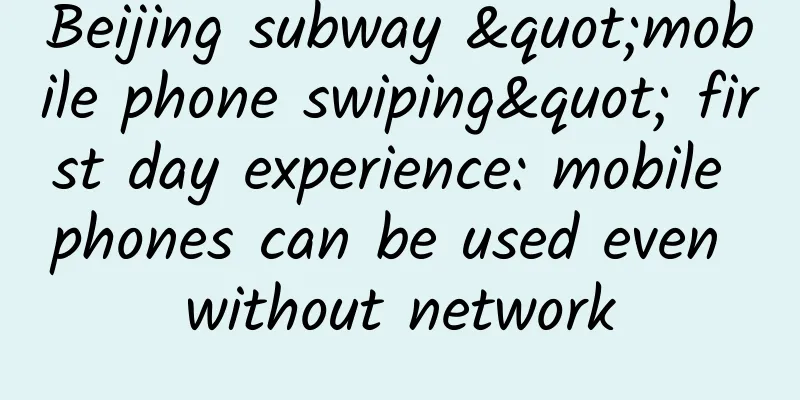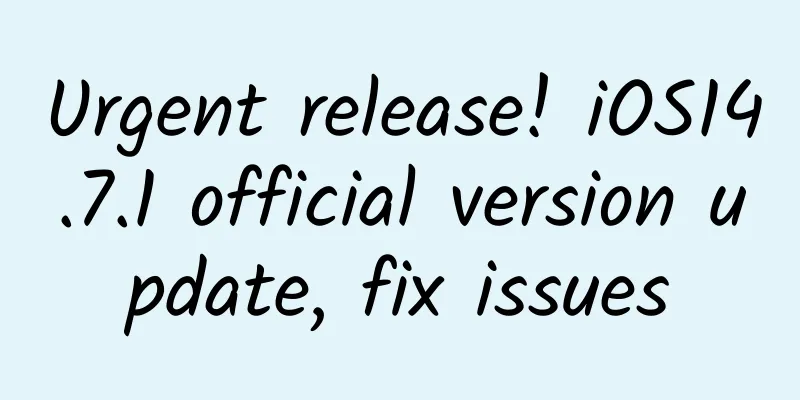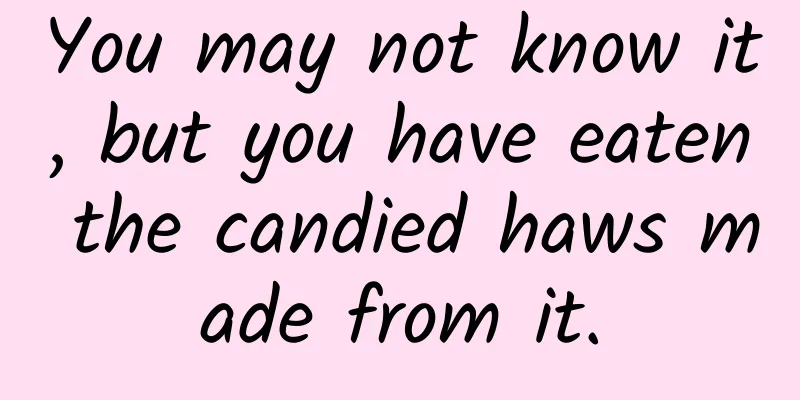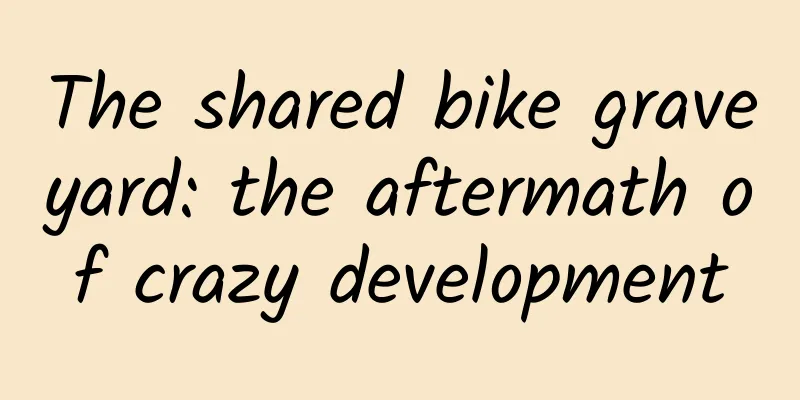Common properties and methods of UIScrollView class

|
[java] view plaincopy CGRect bounds = [ [ UIScreen mainScreen ] applicationFrame ] ; UIScrollView* scrollView = [ [UIScrollView alloc ] initWithFrame:bounds ]; Once you have created the scroll view, you can glue the content of another view to the blank page of the scroll view. This will create a scrolling content window: [java] view plaincopy [scrollView addSubview:myView]; You have to give the actual size of the content so that the scroll view knows how far to scroll: [java] view plaincopy scrollView.contentSize = myView.frame.size; To enable zooming, you need to adjust two properties of the view, maxinumZoomScale and mininumZoomScale. This allows users to resize the content using a pinch gesture: [java] view plaincopy scrollView.maxinumZoomScale = 2.0; //Allows 2x zoom scrollView.mininumZoomScale = 0.5; // Allows zooming in to 0.5 times To enable zooming, you also need to add a UIScrollViewDelegate delegate with a method called viewForZoomingScrollView. This method returns the UIView object used when scaling: [java] view plaincopy scrollView.delegate = self; - (UIView*)viewForZoomingInScrollView:(UIScrollView*)scrollView{ <span style="white-space:pre"> </span>retutn myView; } Tips: For large-scale data, you might initially use a zoom factor lower than the actual size (1.0) to allow the user to zoom in smoothly. 2. Attributes In addition to the zoom properties used above, the scroll view has many other properties that allow you to fine-tune the behavior of the displayed content. You can customize the UIScrollView class in many ways. The following properties are the most commonly used. 1.indicatorStyle Specifies the type of scroll bar indicator you wish to use. The default behavior is to draw black scroll bars on a white border, which works well on most backgrounds. The following styles are available: [java] view plaincopy UIScrollViewIndicatorStyleDefault UIScrollViewIndicatorStyleBlack UIScrollViewIndicatorStyleWhite 2. contentOffset A CGPoint structure that contains the offset of the content to be displayed relative to the upper left corner of the window. The default is to start at 0×0, but you can also put the content at other locations. 3.directionalLockEnabled The default behavior is to allow the user to scroll both horizontally and vertically. Setting this property to YES will cause the user's scrolling behavior to be locked to only horizontal or vertical, depending on the initial gesture. 4. Bounces This feature allows the user to drag slightly outside the border when the user reaches the edge of the scrolling area. When the user releases his finger, the area will bounce back to its original position like a rubber band, giving the user a visible hint that he has reached the beginning or end of the document. If you do not want the user to be able to scroll beyond the visible content, set this property to NO. 5. bouncesZoom Similar to the bounces option, this method allows the user to zoom beyond the maximum or minimum zoom level and then bounce back into range. If you do not want the user to be able to zoom beyond the range you specify, set this property to NO. 6.pagingEnabled When paging is enabled, the scroll view is divided into multiple independent sections, and the user's scrolling experience becomes page flipping. You can use this property to perform page flipping. 3. Delegation Method You can give the scroll view a delegate, and the following delegate methods will be notified at specific times. [java] view plaincopy -(void)scrollViewDidScroll:(UIScrollView*)scrollView;//You will receive a notification when the view is scrolled. It includes a pointer to the scrolled view, from which you can read the contentOffset property to determine the scrolled position. [java] view plaincopy -(void)scrollViewWillBeginDragging:(UISCrollView*)scrollView;//Get notified when the user*** drags in a certain direction. This method gets the scroll view pointer passed as a parameter, and can also read the contentOffset property from it. [java] view plaincopy -(void)scrollViewDidEndDragging:(UIScrollView*)scrollView willDecelerate:(BOOL)decelerate; //Get notified when the user lifts the dragged finger. You will also get a Boolean value, which reports whether deceleration is needed before the scroll view reaches its final position. [java] view plaincopy -(void)scrollViewWillBeginDecelerate:(UIScrollView*)scrollView;//When the user lifts his finger and the view needs to continue moving, you will receive a notification. This method can be used to read the contentOffset property to determine the position where the user last scrolled before lifting his finger, although this position does not make the final stop position of the scroll bar. [java] view plaincopy -(void)scrollViewDidEndDecelerating:(UIScrollView*)scrollView;//Get notified when the above-mentioned deceleration is completed and the scroll view stops. When receiving this notification, the contentOffset property of the scroll view will reflect the final stop position of the scroll bar. [java] view plaincopy -(void)scrollViewDidEndZooming:(UIScrollview*)scrollView withView:(UIView*)view atScale:(float)scale; //When the user zooms in or out on the content, you will be notified. The zoom ratio is represented as a floating point value and is passed in as a parameter. [java] view plaincopy -(BOOL)scrollViewShouldScrollToTop:(UIScrollView*)scrollView; -(void)scrollViewDidScrollToTop:(UIScrollView*)scrollView; //When the user taps the iPhone status bar, the scroll view delegate can decide whether the view scrolls back to the beginning. OK, that’s all. I’ll write an example of page flipping later, so stay tuned. Attribute Effect CGPoint contentOffSet monitors the current scroll position CGSize contentSize The size of the scroll range UIEdgeInsets contentInset The position of the view in the scrollView id<UIScrollerViewDelegate> Delegate sets the protocol BOOL directionalLockEnabled Specifies whether the control can only be scrolled in one direction. BOOL bounces Controls whether the control bounces when encountering a border BOOL alwaysBounceVertical controls whether to bounce when encountering a border in the vertical direction BOOL alwaysBounceHorizontal controls whether to bounce when encountering a border in the horizontal direction BOOL pagingEnabled controls whether the control flips the entire page BOOL scrollEnabled controls whether the control can scroll BOOL showsHorizontalScrollIndicator Controls whether to display the horizontal scroll bar BOOL showsVerticalScrollIndicator controls whether to show the vertical scroll bar UIEdgeInsets scrollIndicatorInsets specifies the position of the scroll bar in the scrollerView UIScrollViewIndicatorStyle indicatorStyle sets the scroll bar style float decelerationRate changes the deceleration point position of scrollerView BOOL tracking Monitors whether the current target is being tracked BOOL dragging Monitors whether the current target is being dragged BOOL decelerating Monitors whether the current target is decelerating BOOL delaysContentTouches Controls whether the view delays calling the start scrolling method BOOL canCancelContentTouches Controls whether the control can cancel touch events float minimumZoomScale The minimum zoom ratio float maximumZoomScale The maximum zoom ratio float zoomScale sets the change ratio BOOL bouncesZoom controls whether the zoom will bounce back. BOOL zooming Determines whether the size of the control is changing BOOL zoomBouncing Determines whether zoom rebound is in progress BOOL scrollsToTop controls the scrolling of the control to the top |
<<: Why I don't buy an Apple Watch
>>: Eight technologies that mobile developers cannot ignore
Recommend
How did Uber become so popular? Let’s take a look at Uber’s marketing and branding strategy!
Uber is not just a means of transporting passenge...
The reason behind advertisers' big investments in long videos: user addiction
Unlike YouTube and Hulu, which have distinct cont...
Mom, please stop listening to those health rumors!!! Listen to what these 7 West China doctors say...
Probably everyone was You must have been bombarde...
Will the emperor penguin on the "ice floe" be the next to "disappear"?
On the subantarctic islands, there is a kind of p...
When will the Shanghai epidemic end in 2022? What is the latest list of gated communities? Details attached!
The recent local epidemic in Shanghai has become t...
How to observe the death of a star?
In the movie "The Wandering Earth", the...
Twitter for Android finally gets community features
As early as September 2021, Twitter launched the ...
Let’s talk about the logic of placing performance ads on Xiaohongshu
This article will not explain how to use the Fren...
Robin Li reveals Baidu Brain AI will become the new era of electricity
In 2016, as the dividends from mobile Internet fa...
Microsoft's embarrassment: Mobile phone manufacturers have no chance to make money by following WP system
Joe Kelly, head of international media affairs at...
Creating Animated Google Maps Markers with CSS and JavaScript
one, Introduction The Google Maps API allows web ...
Using Tik Tok recommendation algorithm for brand promotion
Speaking of the sudden emergence of Toutiao, a ve...
Scientists reveal: What did the ancient human "Mengzi people" look like 14,000 years ago?
Xinhua News Agency, Kunming, July 15 (Reporter Yu...
Flowers of Evil Comics: How to do SEO for your personal website? What are the precautions?
There is no big difference in the methods of doin...
The aircraft carrier that made everyone proud became his farewell gift...
China's first generation carrier-based fighte...









